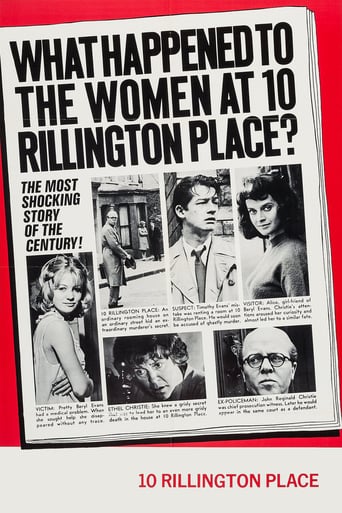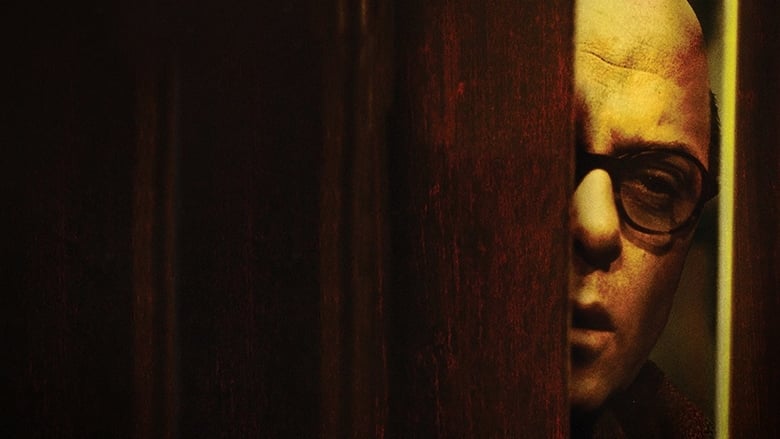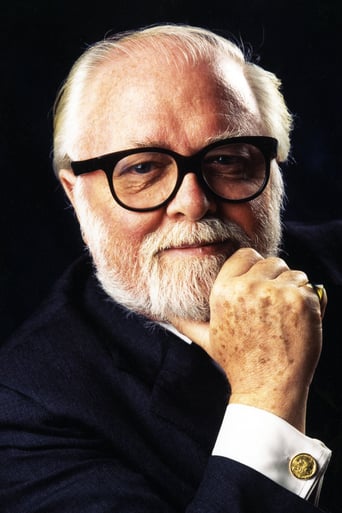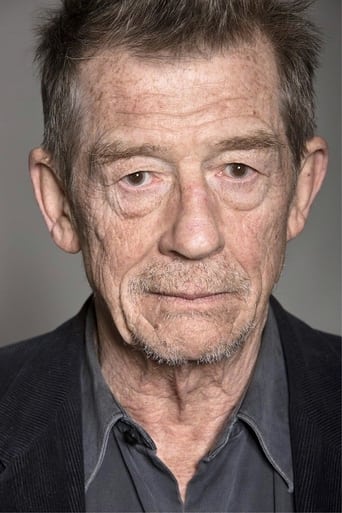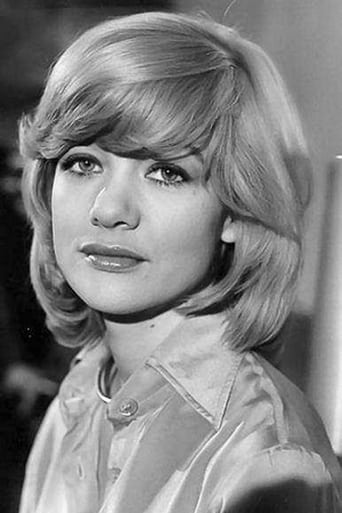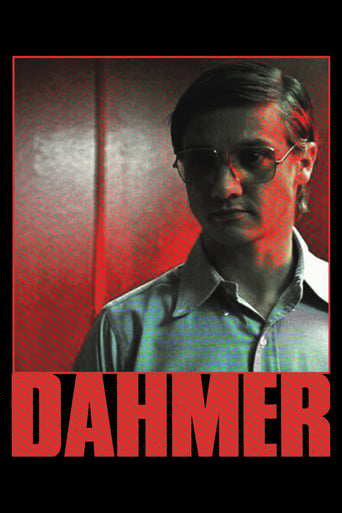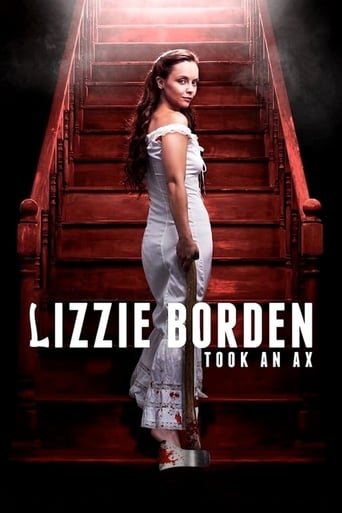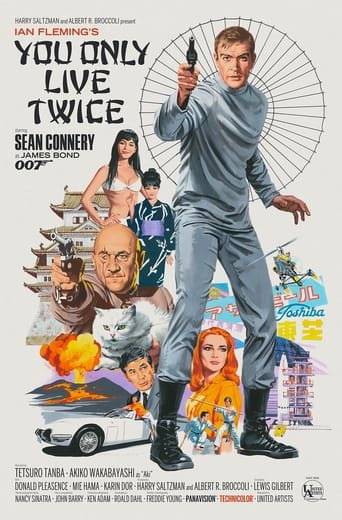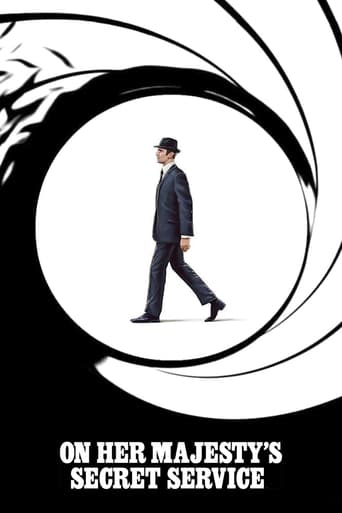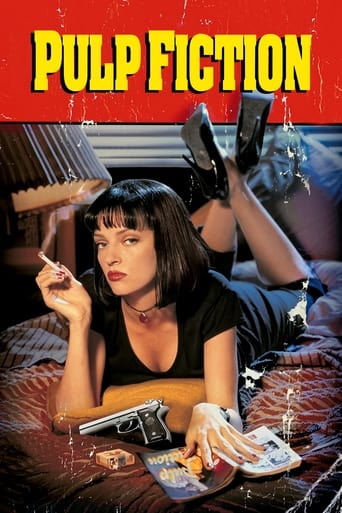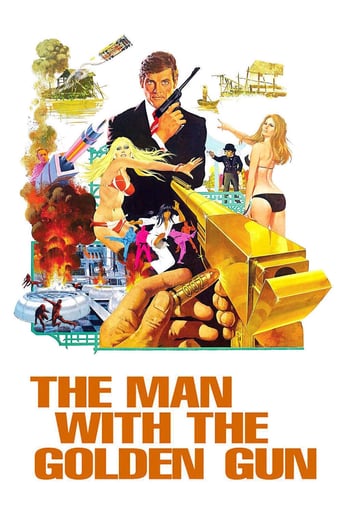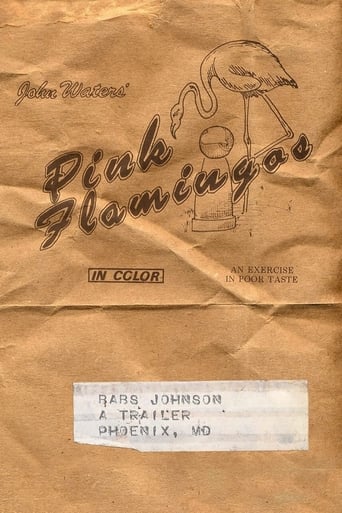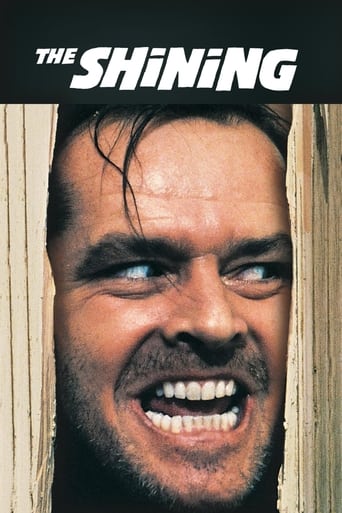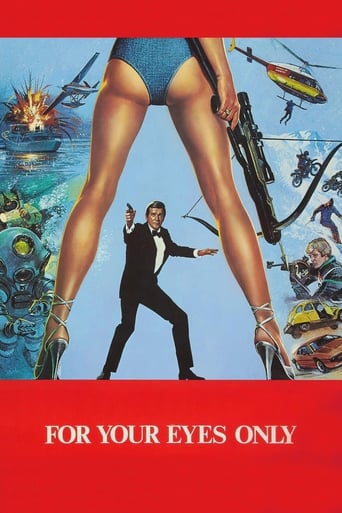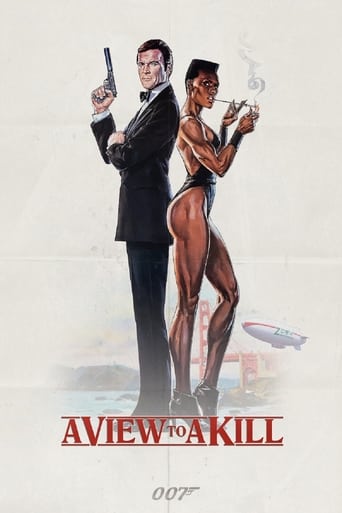10 Rillington Place (1971)
The story of British serial killer John Christie, who committed most or all of his crimes in the titular terraced house, and the miscarriage of justice involving Timothy Evans.
Watch Trailer
Cast


Similar titles
Reviews
This is one of the few movies I've ever seen where the whole audience broke into spontaneous, loud applause a third of the way in.
After playing with our expectations, this turns out to be a very different sort of film.
The film may be flawed, but its message is not.
By the time the dramatic fireworks start popping off, each one feels earned.
That this is such a perfect work created from such a dark and dirty tale is a tribute to all involved. The tight, near claustrophobic direction from Fletcher ensures we can almost smell the dour details and surroundings of this desperate dwelling in the Notting Hill area of London at the end of the 40s. The war is over but the ruined buildings and their surviving inhabitants are barely held together. Attenborough conveys in a towering but terrifying performance the very essence of a weak and pathetic creature clinging on because of the depth of his depravity and need for victims. John Hurt and Judy Geeson are also excellent, each probably giving one of their best ever performances. It is the intensity of the acting, the very grime and grimness of the building they share and the streets they walk that make one flinch at the very sight and sound of life within this horrible unforgiving little world, largely orchestrated by and for the benefit of Mr Christie, with his numerous and wretched little cups of tea. After watching this and managing to extricate myself from the horrible atmosphere depicted I was astonished to discover that subsequent to the hanging and subsequent pardoning and re-burial of Timothy Evans there is now a consensus that suggests that maybe he really did kill his wife and child. This still leaves the psychopathic necrophilic serial killer that was Christie but even so....
I couldn't help but feel that the film is about the British psyche in post-war and post-colonial Britain. The film was representative of a time when British control and power over the rest of the world was on the wane. With their best already behind them, the British were trying to find a new purpose. I wrote the above for my review of Look Back in Anger. Like the characters in Look Back in Anger, Christie, Beryl Evans and Timothy Evans seem to have no future. Their meager residences with barely hidden squalor had decline and desolation written all over them.The film is subtly terrifying and gruesome. It is under-directed with a zoom in (or dolly in?) often used to punctuate many scenes. There is a play like quality to the sets with a single light used in the sordid and seedy indoor scenes. Words cannot describe how good John Hurt is in this film. He is the very embodiment of the illiterate, confused and helpless working class man. The scene where he is surrounded and sneered at by patrons at a bar was very very sad. Richard Attenborough as Christie was menacing and insidious. But were we supposed to feel some sympathy for the cunning and murderous Christie? Why else was the film mostly told from his point of view?
Based on the 1961 true crime book of the same name by Ludovic Kennedy, this is an excellent film which serves as a searing indictment of the death penalty and offers fascinating insight into the mind of a serial killer. It has a marvellous script by Clive Exton and the underrated Richard Fleischer's direction is superb. Fleischer was the perfect choice as he previously directed the brilliant "Compulsion" (based on the Leopold and Loeb case) and numerous other films which were likewise based on real life murder cases. There is a great sense of tension and foreboding which builds throughout. Kennedy served as a technical adviser on the film, which hues closely to the facts.The film examines the circumstances surrounding the execution of Timothy Evans, one of the most high profile and infamous miscarriages of justice in British legal history. Evans was accused of murdering his wife Beryl and their 13 month old daughter Geraldine in 1949, though he was only actually convicted of Geraldine's murder. While he seemingly confessed to the murders, Kennedy, a staunch opponent of capital punishment, was able to prove that the confessions were fabricated by the police. Three years after Evans was executed, it was discovered that the murderer was actually John Christie and that he was a serial killer who had killed six other women (including his wife) in 10 Rillington Place since 1943. Christie was himself hanged in 1953 and Evans was posthumously pardoned in 1965, for all the good it did him. The only good thing to come out of the case was that it was one of the major reasons behind the abolition of the death penalty in the UK.In the most successful example of casting against type that I have ever seen, Richard Attenborough, who was as opposed to the death penalty as Kennedy, is simply wonderful as John Christie. Although he played the sociopath Pinkie Brown in his first major film "Brighton Rock", most of his best known roles in the interim were as thoroughly decent, deeply moral men, most notably Roger Bartlett in "The Great Escape". I would say that he returns to his roots in this film but Christie looks Pinkie seem almost harmless in comparison. Christie is a simply vile specimen of humanity: a serial killer, rapist and necrophiliac who skilfully manipulates all those around him into doing his bidding. Christie is terrifying and the scene in which he sexually assaults Beryl after knocking her unconscious is one of the most disturbing scenes that I have seen in a film. It is made all the more so by the fact that it really happened. Christie was gassed in the First World War, which permanently affected his ability to speak in raised tones. As such, he almost always speaks in low, measured, calm tones which makes him seem even more frightening and coldblooded. Attenborough is my favourite director but it is a shame that he gave up acting for 15 years as we could have had many more performances of this calibre. It's hard to believe that the perfect Santa Claus could be so utterly convincing as a serial killer.John Hurt is likewise excellent as Timothy Evans, who was as much a victim of Christie as his wife and daughter. The film rightfully does not present Evans as an angel. He has a fiery temper and is verbally abusive towards Beryl. On one point, he is on the verge of beating her before he is interrupted by Christie. In other circumstances, he would not be in no sympathetic but he becomes more and more so as the film progresses. Christie takes advantage of the fact that he is illiterate to convince him that he is qualified to perform a backstreet abortion on Beryl, which served as his pretext for killing her. The police regard Evans as simple, which makes it easier for them to fabricate his confession. Admittedly, he did make himself known to the police in the first place by (falsely) confessing that he had disposed of Beryl in the sewer. At his trial, the defence argued that he meant that he had gotten rid of her body as opposed to killing her. I would agree with that interpretation. However, the trial judge did not and it was used in evidence against him.The other major cast member is Judy Geeson who is very good as Beryl, a deeply sympathetic character from her first appearance. She loves Evans in spite of the fact that he is far from an ideal husband and yet she is strong willed and not afraid to stand up to him at a time when other women would have been. She is so desperate to have an abortion as they cannot afford another mouth to feed that she takes Christie at his word when he says that he can perform one, a decision which unfortunately cost her her life. The film has a very strong supporting cast in roles of varying size such as Pat Heywood as Christie's wife Ethel who grows increasingly suspicious of him as the story develops, André Morell, Robert Hardy, Basil Dignam, Sam Kydd, Edward Burnham, Tenniel Evans and Rudolph Walker, who also appeared in "Let Him Have It" which concerns the wrongful execution of Derek Bentley in 1953 and can be seen as a companion piece to this film. The next year, Attenborough cast Heywood, Hardy, Dignam and Burnham in "Young Winston", incidentally.Overall, the film is a brilliantly made, powerful argument against the death penalty and a great indictment of a system that failed not only Timothy Evans but the British people and justice itself.
I first saw this film when it was released, of course, the world has moved on since then and the infamous Rillington Place long demolished. However, the Director, Richard Fleischer, did use the original location when filming this. It certainly added to the atmosphere to the point that it couldn't be replicated today. Richard Attenborough is truly amazing as Christie. Quiet and creepy but you feel the underlying violence just waiting to explode from under the surface. John Hurt is quite simply brilliant as the unfortunate and illiterate Evans. His reaction when learning his wife is dead is a tour de force of acting and shows just why he is so treasured today. I will never forget him when being led to the gallows, it was the stuff of nightmares. The lovely Judy Geeson plays the unfortunate Beryl Evans at the perfect pitch. The entire cast act this cinematic gem to perfection, and many actors today will go far if they can get even halfway as good as these were. I was lucky enough to obtain a DVD of this and what a refreshing change to see a handful of actors, with no special effects, make a truly memorable film. I'd give this 10 out of 10 and would say that if you get the chance, watch this film.

